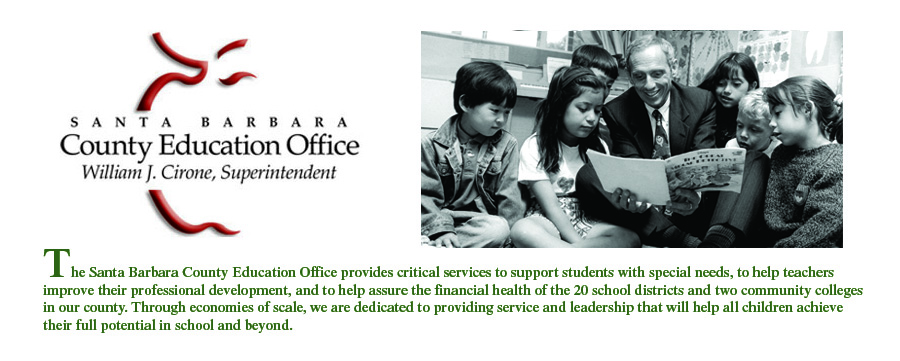The
California Department of Education notified the Santa Barbara County Education
Office on Tuesday afternoon that Lisa Andresen from Los Olivos Elementary
School was recognized as the state-level
winner in the Office and Technical category for Classified Employee of the
Year. Now in her 12th year at Los Olivos, Ms.
Andresen serves as the school's secretary.
Superintendent
and Principal Bridget Baublits says that “from fixing copiers to running the
sound system for an assembly, Lisa is the ‘Ms. Fix-it’ we all rely on.”
Working in a
small school requires employees to be flexible and often wear a variety of
"hats." Mrs. Andresen embodies these characteristics. "Her
official title may be School Secretary,” Mrs. Baublits continues, "but the
scope of her job requires her to complete a variety of tasks, including acting
as a nurse, registrar, ordering curriculum, assisting with technology issues,
and running the day-to-day office.”
Beyond her many daily duties, Mrs. Andresen serves on the school PTA,
the School Site Council, and the Labor Collaborative Committee. She is not only
an employee, but a parent. She is personally vested in the school, and her
efforts to make Los Olivos a top-notch elementary school is evident in all that
she does.
"I am so grateful that my
colleagues thought to nominate me and honored to have been chosen as the
employee of the year. I truly enjoy being part of a school community and
working with students, parents and staff. It’s a privilege to watch our
students’ blossom and be a part of their journey."
